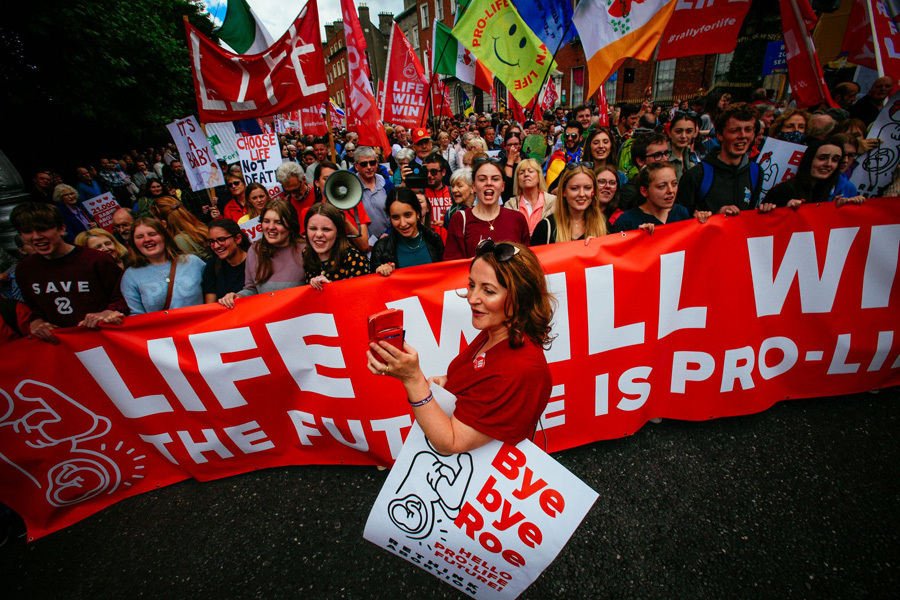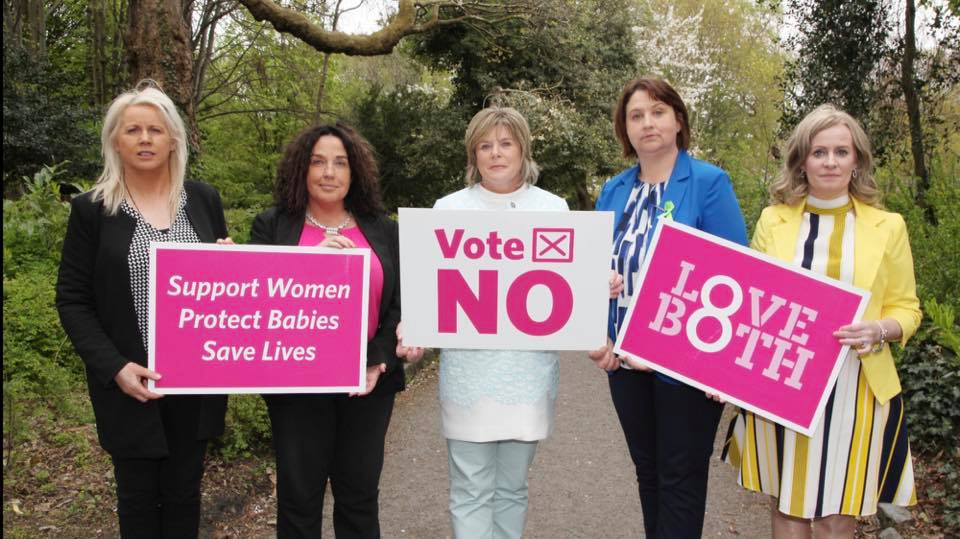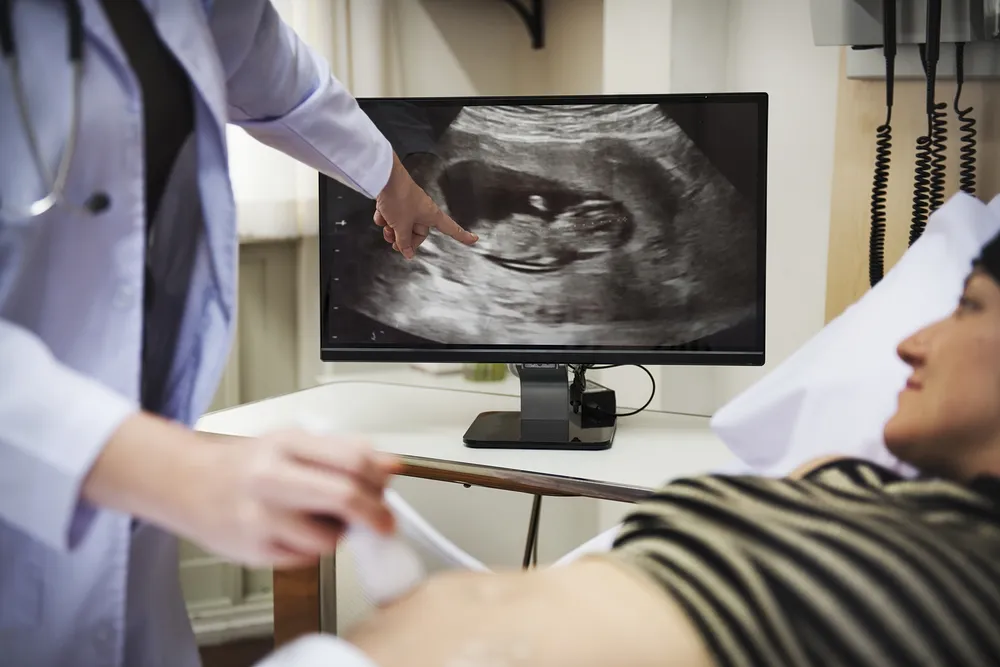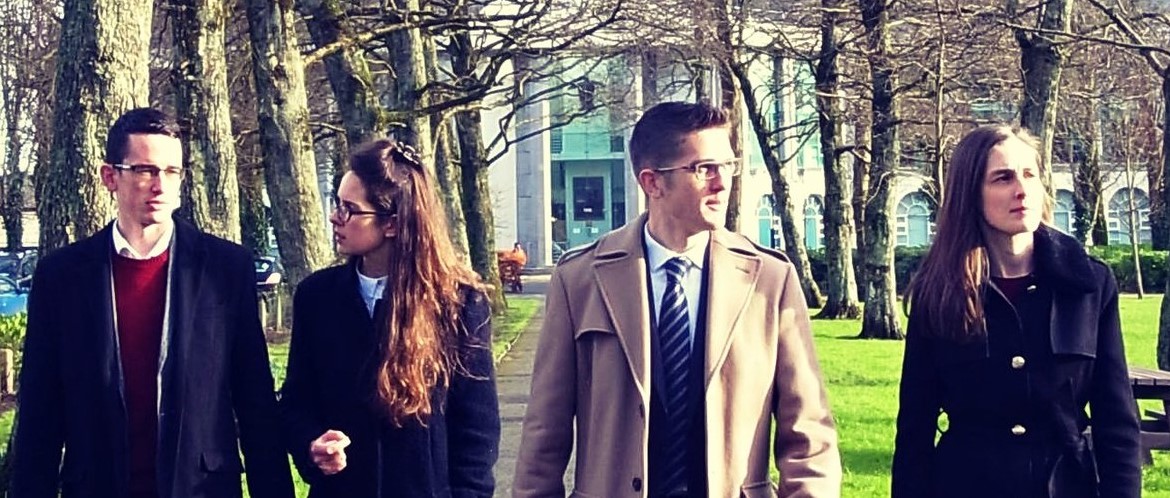French President Emmanuel Macron has announced a national debate on end-of-life options that will include exploring the possibility of legalising assisted suicide.
A 2016 French law provides that doctors can keep terminally ill patients sedated before death but stops short of allowing assisted suicide.
Macron said in a written statement that a panel of citizens would work on the issue in coordination with health care workers over the coming months, while local debates are organized in French regions.
The government plans to hold parallel discussions with lawmakers from all political parties to find the broadest consensus, with the aim of implementing changes next year, the president’s statement said.
Assisted suicide, which involves patients self-administering a lethal dose of drugs, is allowed in Switzerland. Euthanasia, a process in which a medical professional directly gives the drugs, is currently legal in the Netherlands, Belgium, Luxembourg and Spain under certain conditions. Assisted suicide and euthanasia numbers tend to rise fast and the grounds expand once it is introduced.
Macron’s announcement came the day the family of famous French director Jean-Luc Godard said he died by assisted suicide at his home in the Swiss town of Rolle.
French polls in recent years steadily showed a broad majority of people are in favor of legalising euthanasia.
The current law allows patients to request “deep, continuous sedation altering consciousness until death” but only when their conditions are likely to lead to a quick death.
Doctors are allowed to stop life-sustaining treatments, including artificial hydration and nutrition. Sedation and painkillers are allowed “even if they may shorten the person’s life.”




















